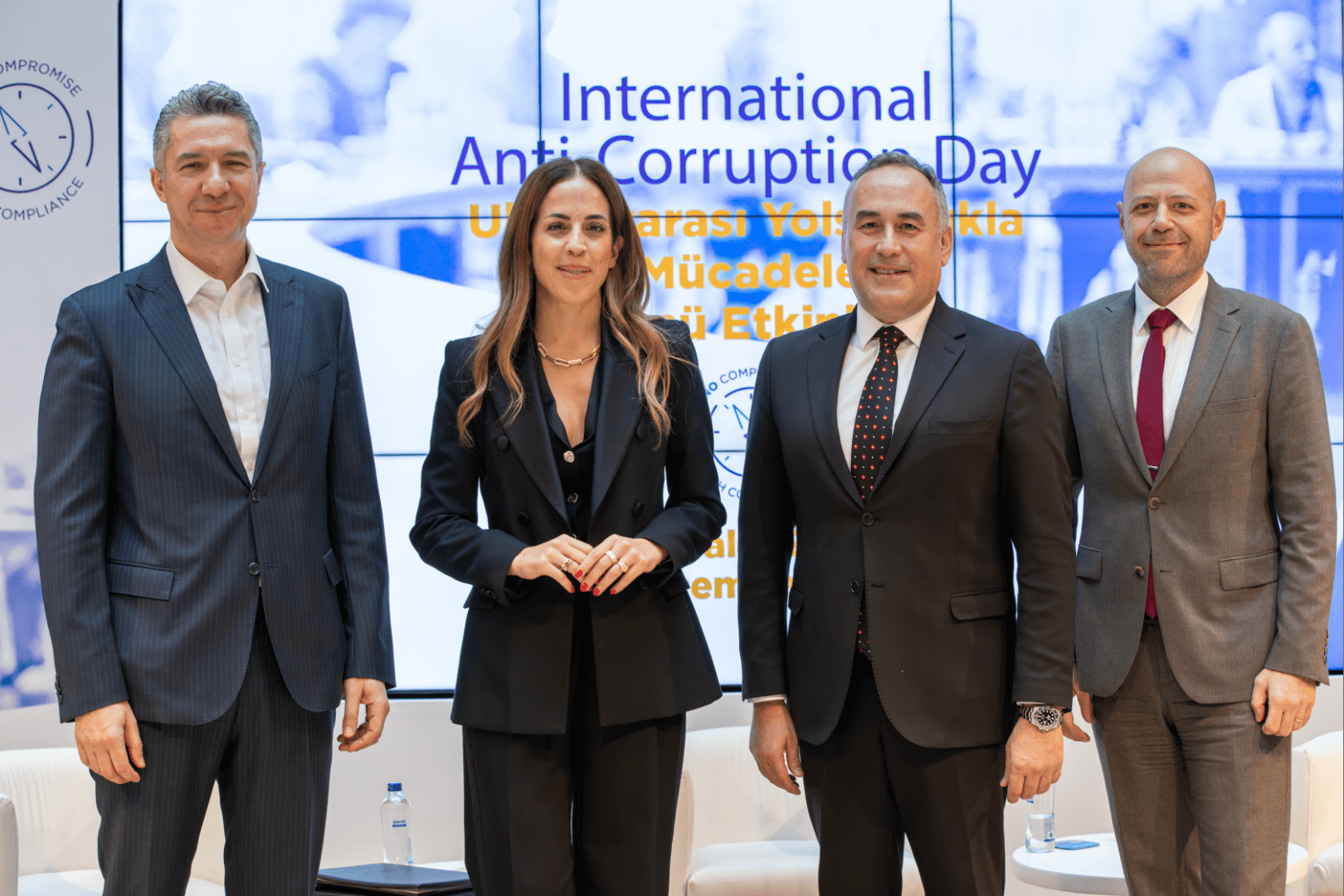
Turkish private companies moving to Turkish Accounting Standards (Equivalent of IFRS)
Fikret SebilcioğluMany have heard about something new, something different happening in the realm of accounting in Turkey, but few have a clear picture of what that is, or how it will affect them.
In accordance with the Turkish Commercial Code (TCC) that entered into force in July 2012, companies that will be subject to independent audit shall prepare its financial statements in accordance with the new Turkish Accounting Standards and have such financial statements audited. Good news for those who are familiar with International Financial Reporting Standards (IFRS) is that the new Turkish Accounting Standards (TAS) are equivalent of IFRS.
Unlike most other jurisdictions, Turkey has not required private companies to provide general-purpose financial statements (or have those statements audited) in accordance with Turkish Commercial Code as a matter of course. Unless companies access the public capital markets, or operate in certain regulated industries (Such as banking), they did not provide financial statements (other than tax returns) to any government entity. Thus, Turkish private companies have not faced any regulatory requirement that they prepare their financial statements in accordance with either GAAP or IFRS. This situation created an environment where private companies’ bookkeeping has been maintained on the grounds of tax rules based accounting standards. Now this is changing with the new Turkish Commercial Code.
As stated above, regulatory requirement that financial statements are prepared in accordance with Turkish Accounting Standards (namely IFRS) will depend on whether private companies are subject to independent audit requirements. Following the entry into force of the TCC, the Council of Ministers enacted the Resolution on the Determination of Companies Subject to Independent Audit. In accordance with the Resolution, companies subject to independent audit shall be joint stock companies that are listed in the annex of the Resolution which are particularly associated with the financing or those fulfilling two of the three requirements individually or with their affiliates and subsidiaries (total assets, annual net revenues, total employees).
“Principles-based IFRS” versus “tax rules-based accounting standards”
As it is obvious from the heading, there are significant differences between IFRS/TAS and tax rules-based accounting standards and these differences appear to be challenging for private companies in Turkey. The difficulty is not only the technical work that needs to be done to prepare IFRS/TAS financial statements or other background preparation, but mindset change!
One thing should be noted here. The preparation of financial statement in accordance with IFRS/TAS does not mean a convergence of full accounting system; at least regulation does not require this. It appears that companies will continue to keep their accounts in accordance with tax rules-based accounting standards and the IFRS/TAS financial statements will be prepared in an environment off-the books such as on a spreadsheet. All necessary adjustments that will bring the local accounts to IFRS/TAS will be made on this spreadsheet and financial statements will be prepared accordingly.
What are the main differences between two standards?
The major differences can be summarized as follows:
- Revenue recognition
- Capitalization of borrowing costs
- Useful life / depreciation
- Provisions, such as liabilities of uncertain amounts
- Recognition of expenses and income
- Impairment of assets
- Employment termination benefits
- Deferred taxes
Achieving a successful outcome
Cerebra’s experience gained from assisting many companies with the preparation of IFRS/TAS financial statements has identified a number of critical success factors.
Time: The earlier companies commence the IFRS project the more time they have to identify and solve any problems before IFRS becomes “business as usual”.
Leadership: IFRS project requires clear senior management leadership and involvement of the board.
Strategy: Clear objectives for the IFRS financial statements preparation project need to be established up-front. Companies need to determine if IFRS will be adopted throughout the company and used as a catalyst to improve reporting systems and processes or as part of the group consolidation process.
Resources: A core group of staff will be needed to work extensively on the IFRS project. Some may be required on a full-time basis and need to be released from some or all of their other tasks for the project’s duration.
Knowledge: The project team requires skills, experience and expertise. This includes technical accounting knowledge of IFRS, as well as project management, systems, tax, legal skills combined with a good understanding of the company’s business.
Project management: Robust project management is required due to the broad range of business issues that may impact the whole company and the tight timeframe in which a project needs to be completed.
Communication: Effective communication both internally to all those who will be affected by it and to the market (if applied) at large is required.
Final words
IFRS/TAS will be on the agenda of private companies from now on in Turkey. That said, sooner or later many private companies will find themselves facing the decision of whether to prepare IFRS/TAS financial statements or converge the accounting system to IFRS/TAS although the reason could be different such as regulation, third party’s (such as banks or other creditors) or parent company’s requirements, mergers or acquisition etc.
Cerebra has the knowledge and expertise necessary to help you in addressing all changes that IFRS demands. Since IFRS transition will have numerous implications and challenges for businesses of Turkish companies in many ways, our teams include a range of technical, industry, training, communication and change management expertise.







